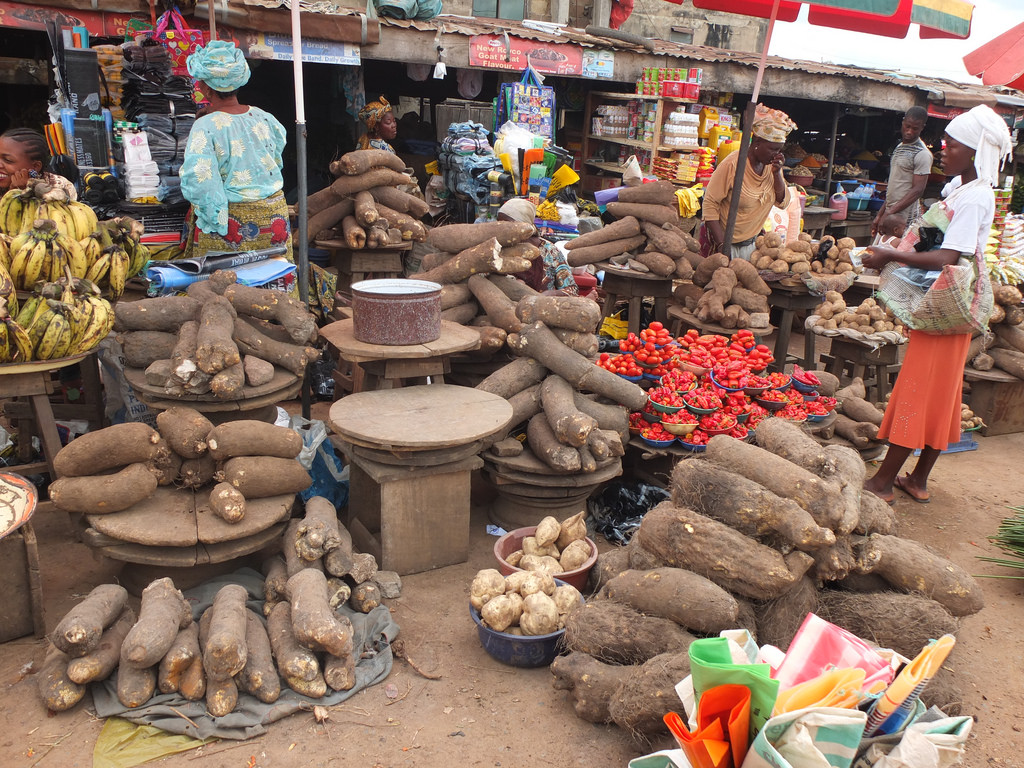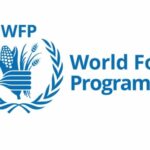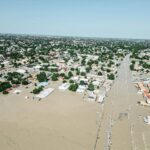Stakeholders in the security and agricultural sector across the country have raised the alarm that Nigeria may witness a significant rise in food prices by 2021 following the ‘sporadic rise’ of insecurity which have forced farmers to abandon their farms and harvests in the country.
They raised the alarm on Thursday in Abuja during a “Stakeholders Dialogue on Nigeria Food Security” organised Nextier SPD and Shehu Musa Yar’Adua Foundation.
- Insecurity: Stop blaming security agencies, DSS tells Nigerians
- Troops eliminate Insurgents, destroy gun trucks, recover arms
Speaking at the conference, the Partner and Chief Executive, Nextier SPD, Dr. Ndubuisi Nwokolo, said a recent research conducted by Nextier in Nasarawa, Niger and Zamfara states shows that food prices may rise by 110 percent if government does not take immediate action.
He regretted that farmers are becoming the worse victim of the violence, as they are being deliberately targeted by the insurgents, citing the recent gruesome execution of over 43 farmers by the unrelenting Boko Haram insurgents in Borno State.
He said, “The massacre of Zabarmari farmers is similar to what many are facing in the Northwest region where bandits are firmly in control of the rural and agrarian communities.
“In recent years, Zamfara State and some other states in the northwest region are witnessing a sporadic rise of banditry. Attacks on civilians are strife as rural crop farmers and pastoralists are the primary targets of the increasingly menacing violence.
“Multiple accounts hold that bandits have targeted farmers and their farmlands during planning and harvesting seasons, destroying crops in the waves of attacks. Bandits are reportedly levying farmers before they can harvest their crops,” Nwokolo said.
He said that apart from the violence against farmers, massive floods have also ravaged farms in many parts of the country, including in Kebbi, Zamfara, Niger, Rivers, Cross Rivers, Rivers, Niger, Sokoto, Bauchi and some parts of Kwara State among others.
“This situation implies reduced agricultural yield for 35 percent of the Nigeria population involved in the agricultural sector.”
On his part, a visiting fellow, Firoz LaLji Centre for Africa, London School of Economics, UK, Dr. Uche Igwe, called for more collaboration among stakeholders working to proffer solutions on the situation.

 Join Daily Trust WhatsApp Community For Quick Access To News and Happenings Around You.
Join Daily Trust WhatsApp Community For Quick Access To News and Happenings Around You.


